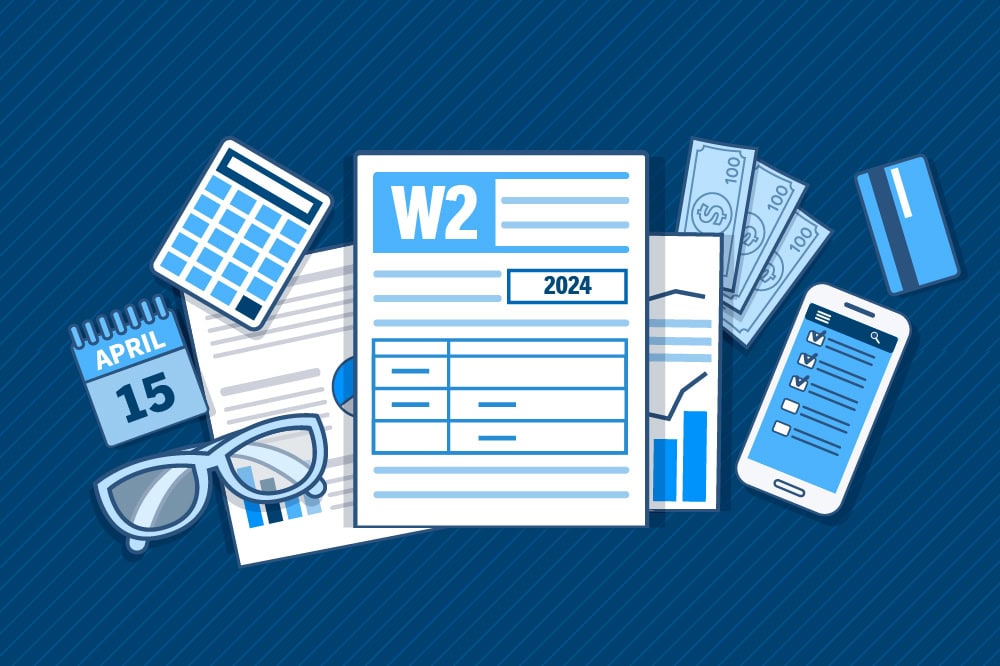U.S. Healthcare System Ranks Seventh Worldwide — Innovative but Fiscally Unsustainable
Spending on healthcare in the United States has far outpaced other major healthcare systems without yielding better outcomes.
Read MoreBudget Basics: The National Flood Insurance Program
The National Flood Insurance Program is run by the federal government to reduce the impact of flooding on private and public structures.
Read MoreThe United States Spends More on Defense than the Next 9 Countries Combined
Defense spending by the United States accounted for nearly 40 percent of military expenditures by countries around the world.
Read MoreThe National Debt Can Crowd Out Investments in the Economy — Here’s How
Large amounts of federal debt could “crowd out” investments by the private sector, making the economy less productive and stunting wage growth.
Read MoreGrowing National Debt Sets Off Alarm Bells for U.S. Business Leaders
Debt rising unsustainably threatens the country’s economic future, and a number of business leaders have signaled their concern.
Read MoreWhat Is R Versus G and Why Does It Matter for the National Debt?
The combination of higher debt levels and elevated interest rates have increased the cost of federal borrowing, prompting economists to consider the sustainability of our fiscal trajectory.
Read MoreDebt vs. Deficits: What’s the Difference?
The words debt and deficit come up frequently in debates about policy decisions. The two concepts are similar, but are often confused.
Read MoreInfographic: How the U.S. Tax System Works
One issue that most lawmakers and voters agree on is that our tax system needs reform.
Read MoreSocial Security Reform: Options to Raise Revenues
Here are the pros and cons for three approaches to increasing funds dedicated to Social Security.
Read MoreWhat Is Inflation and Why Does It Matter?
Here’s an overview of inflation, why it matters, and how it’s managed.
Read More








